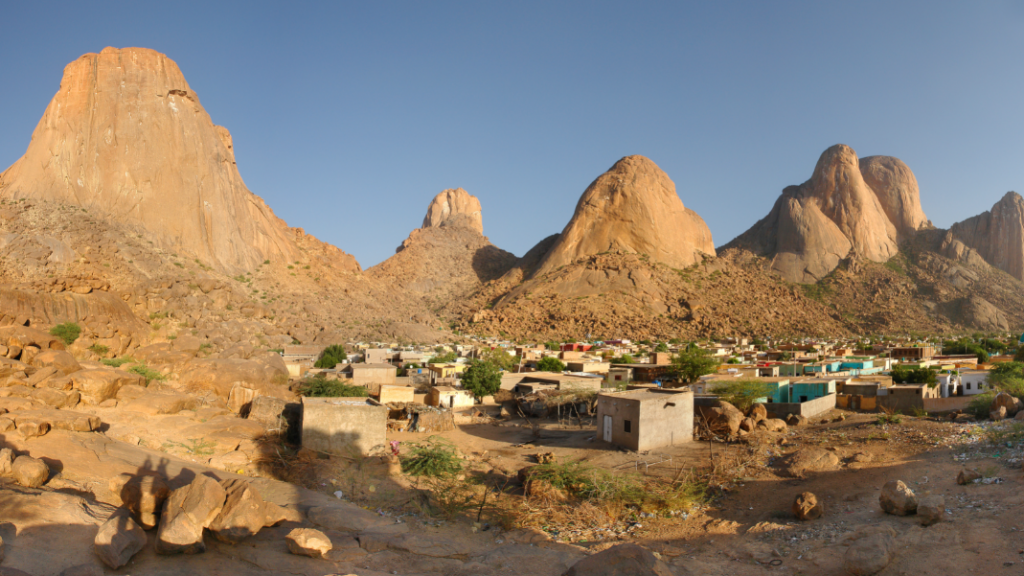Sudan further opens gold trade to private sector

Sudan, a gold producer, has taken steps to open up the trade in the precious metal further to private investors, allowing them to handle all exports and taking the business out of state hands, the Sudan News Agency (SUNA) reported on Tuesday.
A circular approved on Tuesday bars government bodies from exporting gold and opens the trade to private firms provided they meet requirements, such as paying taxes and royalties, it said.
Sudan has been trying to crack down on gold smuggling and generate more foreign currency. For years, the central bank had a monopoly on exports, buying gold locally at fixed prices at collection sites nationwide, which led to the illegal trade.
Sudan produced an estimated 93 tonnes of gold in 2018, Energy and Mining Minister Adil Ibrahim said in November, a level that would make it Africa’s third biggest producer after South Africa and Ghana, according to the U.S. Geological Survey.
Regulations approved in January opened gold exports to private companies but limited private mining firms to exporting 70% of their output with the rest to be sold to the central bank.
The exporters were also required to sell all foreign exchange export proceeds to the central bank at the official exchange rate, which was at that time about 45 Sudanese pounds to the dollar, equivalent to about half the black market rate.
The SUNA report made no mention of that requirement.
The official rate has since weakened to 55 pounds to the dollar, while the black market rate has fallen further to 146 pounds.
The new rules bar the central bank from buying gold entirely except to increase official reserves, in which case it must be bought from the local market, SUNA said.
Traders would now be able to export gold through Khartoum international airport and the government would crack down on other routes used for smuggling, the news agency reported.
The new rules were agreed upon by an economic committee meeting headed by Sudan’s top military commander, Mohamed Hamdan Dagalo, also known as “Hemedti”, and including Prime Minister Abdalla Hamdok.
(By Khalid Abdelaziz and Patrick Werr; Editing by Edmund Blair)
{{ commodity.name }}
{{ post.title }}
{{ post.date }}




Comments